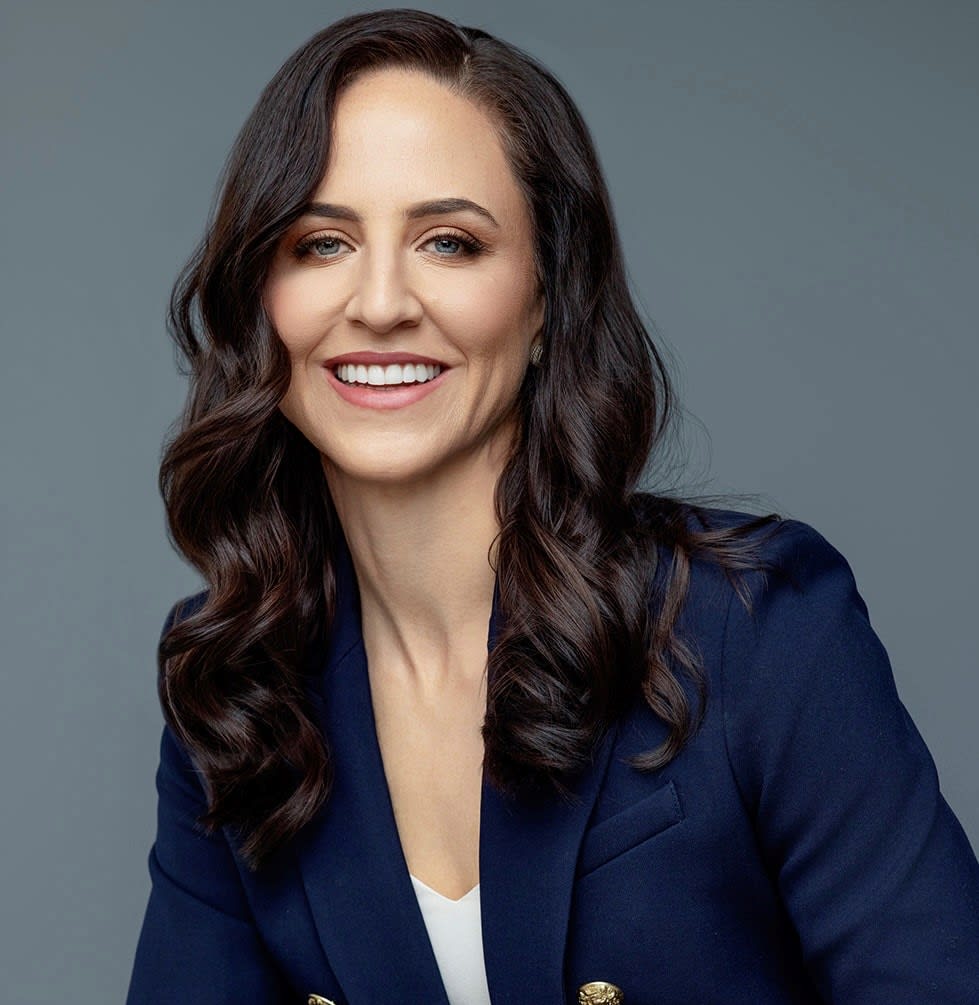Dr. Marcel Bally: A Look at the Future of Cancer Treatment
June 24, 2015
Looking into the future for me is always about looking backwards.
When I first became interested in using drug delivery systems for cancer treatment over 30 years ago, one of the hottest research topics concerned “antibody-conjugated toxic drugs” (antibodies are proteins that can be designed to recognize cancer cells).
This research idea faltered and stumbled because our immune system was really good at recognizing the drug-modified antibodies as foreign, essentially rendering them useless as therapeutic agents.
Within 10 years, however, scientists in California overcame this problem and this marked the birth of a drug called Herceptin™ (or trastuzumab). Trastuzumab recognizes the tumour cells in breast cancer patients that express a marker called “Her-2” that is associated with very aggressive cancers. This “novel therapeutic” revolutionized the way some breast cancer patients are treated. Recently, a new version of trastuzumab, called “T-DM1” was launched.
Looking at this history, you can see that a promising idea that has lost general favour within the research community can be resurrected through the hard work of research scientists that believe they can overcome a key problem.
When I first joined the BC Cancer Agency, working with Drs. Silver and Klasa, there was a great deal of interest in using immune cells to treat patients, so-called “cell-based therapeutics.” This idea was compelling in the 1980s but failures in the clinic shifted the spotlight away from the approach. Twenty years later, cell-based therapeutics are achieving tremendous results in some patients. Again, persistent and dedicated research scientists learned that the cells we were trying to use in the ‘80s were not the right ones and they identified a better cell population to support these therapies. Even more recently, scientists learned to engineer these cells to guide them to tumour cells in the body.
I’d like to share one final story of another great idea being not quite great enough until the technology caught up with it: my research is focused on classical “cytotoxic drugs,” drugs which are already known to make a difference in the treatment of patients with cancer. These drugs, although still in use today, are falling out of favour as the spotlight shifts to antibody-based and cell-based therapies. I remain confident that the true value of the broad spectrum drugs will once again be recognized in the future, but scientist will need to make them more effective and less toxic. With any luck, I will be one of those scientists.
Thanks for reading my blog this month!
Marcel


